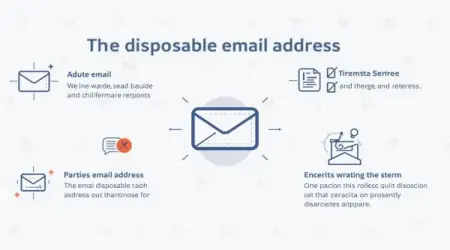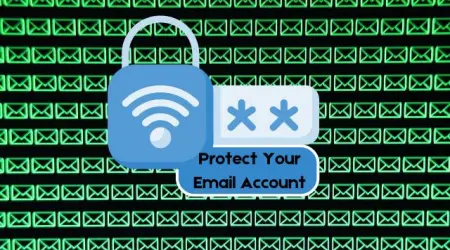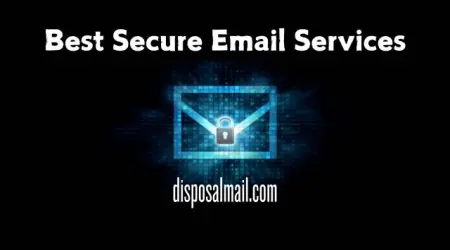6 Mistakes to Avoid in Work Emails

Emails remain one of the most important forms of communication in the workplace. However, many professionals still make common mistakes in their email etiquette that can lead to misunderstandings, delays, or even damage to their professional reputation. This article will discuss mistakes to avoid in work emails and provide practical tips to improve professional communication.
Ten Best Email Marketing Analytics Tools
6 Mistakes to Avoid in Work Emails
Many employees do not get formal email writing training since it is the same as face-to-face, in-person communication, right? Not exactly.
How you write emails may benefit or hinder your career. Experts have shared their suggestions about it, and we are listing them for you:
i. Ignoring Grammar and Spelling
Grammar and spelling errors can significantly affect the perception of your professionalism and attention to detail. Such mistakes can also lead to misunderstandings and reduce the clarity of your message.
Common Grammar and Spelling Errors:
Misuse of homophones (e.g., "their" vs "there")
Incorrect punctuation
Typographical errors
Tools and Practices for Error-Free Emails
Use grammar and spell-check tools like Grammarly or Microsoft Word.
Proofread emails before sending them.
Read your email aloud to catch awkward phrasing or errors.
ii. Do not Digress
Avoid unnecessary fluff and get down to the point when composing professional emails. The most important message ought to be displayed first.
Write a draft and edit it. Emails should be one or two paragraphs at most, as longer emails may be too much and tiring for the receiver.
iii. Using an Inappropriate Tone
The tone of your email significantly impacts how your message is received. An inappropriate tone can lead to misunderstandings, resentment, or even conflict. Balancing professionalism and friendliness is essential, and you should adjust your tone based on the recipient and context.
Consequences of Using the Wrong Tone:
Misinterpretation of intent
Strained relationships with colleagues or clients
Damage to your professional image
Tips to Maintain a Professional Tone:
Avoid using all caps, which can be perceived as shouting.
Refrain from using overly casual language or slang.
Use polite and respectful language, especially in sensitive situations.
iv. Do Not Criticize
You should avoid criticizing other people in emails, especially in group emails. These issues and emotional, interpersonal problems should be resolved face-to-face.
Experts suggest using a rule called the “headline rule.". How would you feel if your mail was the headline of the newspapers of the following day? Would you feel good about it? If you’re saying no, consider hitting the send button!
v. Do not Send Mail when you’re sensitive
Sending emails while you're angry could lead to misunderstandings and other problems. Experts advise against sending emails when irritated, exhausted, or starving. Before sending emails, you should take mental control.
You can reclaim your stable mental state by moving away from your workstation and strolling or obtaining fresh air.
vi. No Jokes on Work Emails
Jokes are good in person but cause misunderstandings via email. Rachel Beohm, coach and trainer at FORTE, a non-verbal communication coaching company, says there are definite sorts of messages that don’t translate well in emails. Sarcasm may be misinterpreted with no eye contact, tone of voice, and gestures. You should also not write anything offensive against a person’s religion, ethnicity, gender, or sexual orientation, he says. These could cause legal issues and make you lose your job.
Summary
Avoiding common email mistakes is essential to communicating effectively in a professional environment. Paying attention to tone, grammar, clarity, and the recipient's perspective ensures that your emails are clear, professional, and impactful.
Ten Best Email Encryption for Gmail
Frequently Asked Questions
What are the key elements of a professional email?
A professional email should have a clear subject line, correct grammar and spelling, a respectful tone, and be concise while considering the recipient's needs.
How can I avoid making mistakes in work emails?
To avoid mistakes, proofread your emails, use spelling and grammar tools, and ensure your message is clear and tailored to the recipient's expectations.
Why is tone important in work emails?
Tone is very important because it affects how your message is perceived. The wrong tone can lead to misunderstandings, damaged relationships, and a negative professional image.









